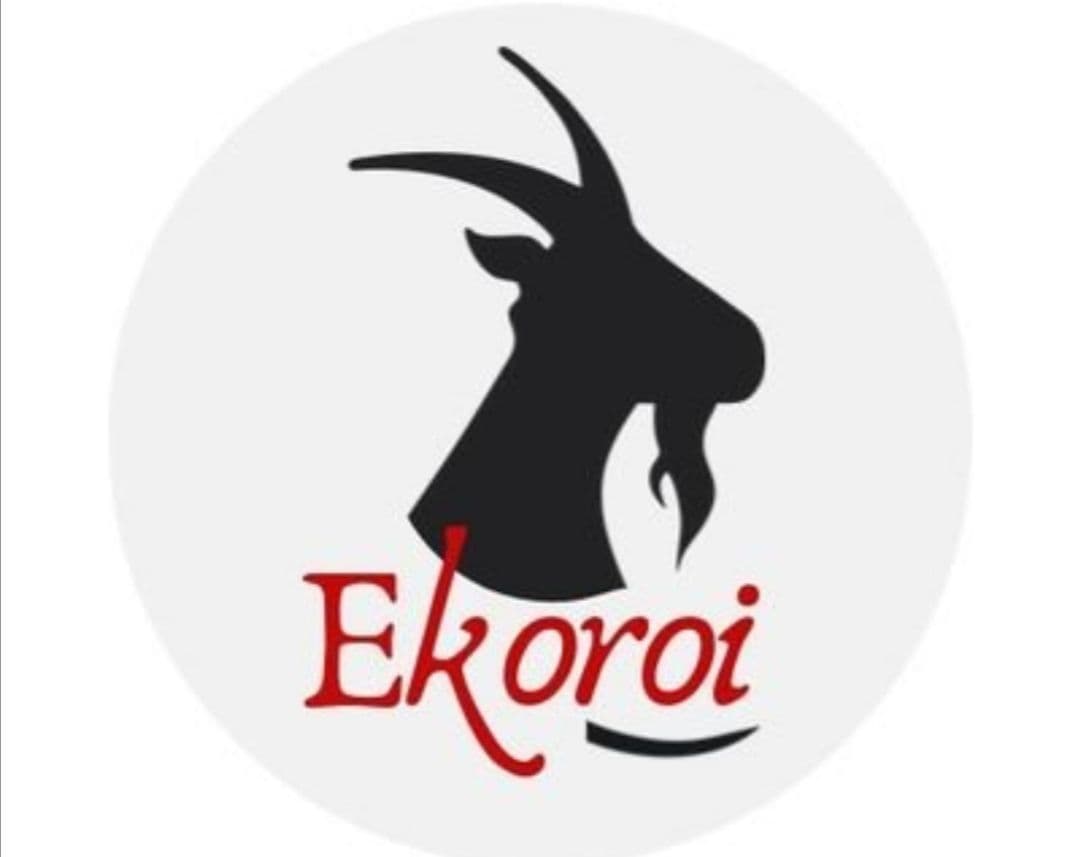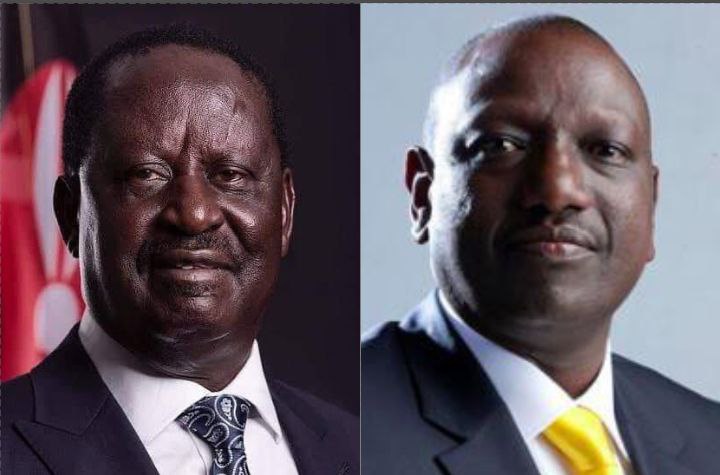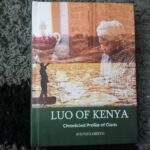Let us make a quick distinction before I tell you a long a story…
The poor people selling cheap imported sugar, clothes, maize, etc in kiosks, at Gikomba and by the roadsides, are NOT the ACTUAL importers! The real importers are billionaire capitalist sharks who prey on the poverty of the nation. Perish that thought that reforming any of those sectors amounts to “targeting poor people”. In fact, before Ruto and Kenya Kwanza harp on this, we will remind him that his Mexican maize imports killed the one last frontier of food security in the country; maize from Kalenjinland, and specifically the Cereals Board.
Importation of cheap sugar killed sugar factories in this country, rendering millions of families in at least four of the old provinces destitute. Liberalisation of the fabric market to allow what they call “mitumba” imports killed the textile industry and cotton growing in at least five of the old provinces. Importation of cheap grain, alongside increasing costs of farm inputs (those who squander fertilizer factory funds and dams money can’t relate) have crippled farmers because they can’t get a return on their farms. The clowns will ask them to divest from maize to avocado, but you get the point.
There is a very simple theory that you don’t need to go to economics school to be taught. Cheap imports kill local manufacturing.. which means the country becomes a net importer, while losing jobs…meaning that we have a weak foreign exchange base and can’t compete…meaning that that cycle that is initially made to look like “poverty mitigation” is the biggest creator of poverty. It’s a conversation only Raila Odinga is willing to have. Oh, and by the way, the only Kenyan cash crop or product whose cheap imported version you don’t hear of is COFFEE…but we know why. Thankfully, Raila also says our “Nescafe” and “Dormans” must from next year be manufactured right here at home.
Back to Mitumba. President Moi used to say often that nothing expresses the indignity of the African man than mitumba. He quipped that “tunavaa nguo ya watu wamegufa”. There is nothing wrong with mitumba, just like there is nothing wrong with the matatu and boda boda industries per se, until they are turned into vote blocks. But everyone in the lower income bracket is there seeking bigger dreams. Part of the problem is that the rich people hiding behind poor sellers do not want reforms in those sectors because the chaos earns them money. The ultimate dream of Uhuru Kenyatta reviving Rivatex and of Raila in actualizing this dream in his presidency, is for all those mitumba sellers to sell locally made apparel. There is no reason local clothing can’t retail for the same prices as mitumba.
If you have travelled widely like some of us (ok, sorry about how that sounds), you have bumped into Kenyans in shops in Turkey, Dubai (especially those LC Waikiki stores), Congo, the huge Owino market in Kampala or the Kitenge wholesale shops in Arusha..all buying goods in bulk for resale in Nairobi and other Kenyan towns. Some of this is nicknamed mitumba when they get home. Others are cleaned up nicely and sold as “designer wear”. But none matches the quality of our own Rivatex or Kicomi before. It’s slave mentality.
Today, Ruto’s people will think they have hit the jackpot with Raila’s mitumba declaration. Well, first, Raila says nobody is going to be driven out of business because imports are not being banned. But when you hear the floundering Ruto campaign jump on that, it won’t be about mitumba. It will be tribal. Mitumba will become Kikuyu and Raila the Luo now hates Mitumba! The weak will buy the narrative. The brave will ask Kenya Kwanza what “bottom up” is if they want mitumba sellers to remain at the bottom rather than climb up by marketing and selling authentic Kenyan apparel with the potential to create real jobs across the country.
More importantly, I hope Ruto and Kenya Kwanza realise that mitumba was a small footnote in a speech whose highlight was that Raila will declare corruption a national security threat and deal with it “by all means necessary”. Tell Gikomba people that too!





